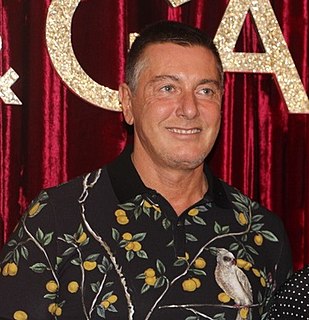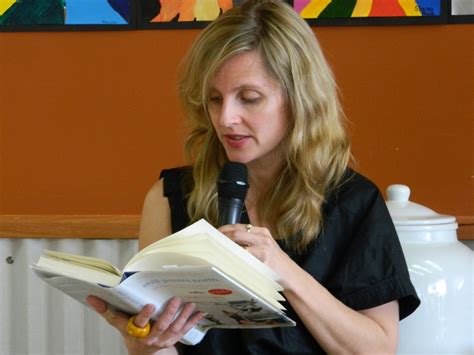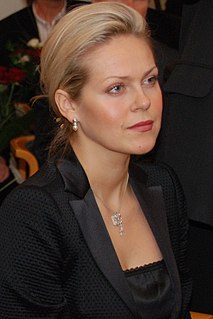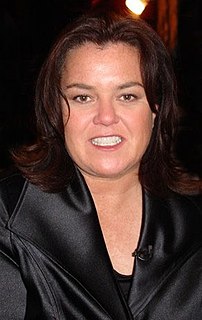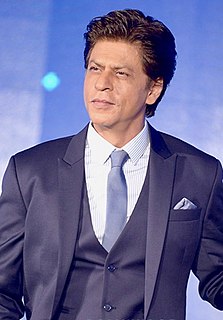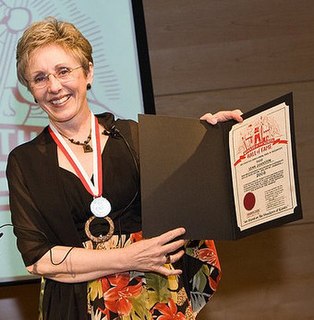A Quote by R. D. Laing
From the moment of birth, when the Stone-Age baby confronts the twentieth-century mother, the baby is subjected to these forces of violence called love, as its father and mother and their parents and their parents before them, have been. These forces are mainly concerned with destroying most of its potential.
Related Quotes
Other people--grandparents, sisters and brothers, the mother's best friend, the next-door neighbor--get to be familiar to the baby. If the mother communicates her trust in these people, the baby will regard them as delicious novelties. Anybody the mother trusts whom the baby sees often enough partakes a bit of the presence of the mother.
The great constructive energies of the child ... have hitherto been concealed beneath an accumulation of ideas concerning motherhood. We used to say it was the mother who formed the child; for it is she who teaches him to walk, talk, and so on. But none of this is really done by the mother. It is an achievement of the child. What the mother brings forth is the baby, but it is the baby who produces the man. Should the mother die, the baby still grows up and completes his work of making the man.
I saw a dead elephant in one of Kenya's natural reserves. Around her were footprints of her baby elephant. This was just so sad, as three days before, perhaps the mother was still taking the baby around to play and to drink water. In her mind, she probably was thinking they had a life of decades to be together. However, the poaching happened so fast and everything collapsed. Without the protection of the mother, the baby elephant is likely to die too. That moment changed me.
I'm a big proponent of open adoption, because it allows a relationship between the birth mother and her child so that the kid isn't like, "Where did I come from?" And to have it be like, "Look, you have a bunch of people who love you." Not just the parents who are raising you on a day-to-day basis, but also to have contact with your birth mother and hopefully your birth father. So that you can be like, "Oh, they love me too, and they love me so much that they knew they couldn't take care of me but they're still in my life to some extent."
I think of the chimp, the one with the talking hands. In the course of the experiment, that chimp had a baby. Imagine how her trainers must have thrilled when the mother, without prompting, began to sign her newborn. Baby, drink milk. Baby, play ball. And when the baby died, the mother stood over the body, her wrinkled hands moving with animal grace, forming again and again the words: Baby, come hug, Baby come hug, fluent now in the language of grief.
When we [adoption agency] have a birth mother who is pregnant and she doesn't know the race of the father, she is using drugs, and she is in crisis, usually we cannot place that baby with a heterosexual family. Almost all of the times when we have a drug-addicted child, we place the baby in a homosexual family.
My parents' loss was compensated by the birth of my son Aryan and daughter Suhana. I believe they're my parents. In comparison to them, I behave childishly. My 13-year-old daughter and 15-year-old son behave like my mother and father. They're not my weakness. I love them a lot and give them a lot. I'll give them so much that by the time they are adults they wouldn't want anything.
One baby is a patient baby, and waits indefinitely until its mother is ready to feed it. The other baby is an impatient baby and cries lustily, screams and kicks and makes everybody unpleasant until it is fed. Well, we know perfectly well which baby is attended to first. That is the whole history of politics.

